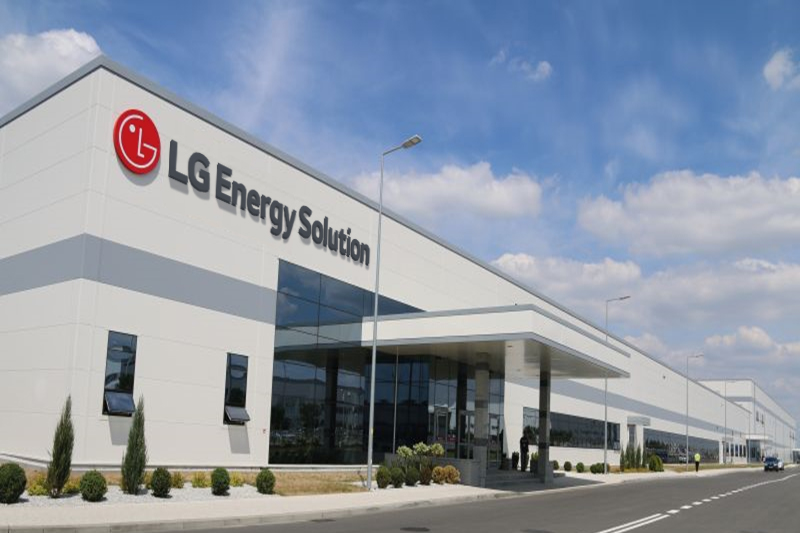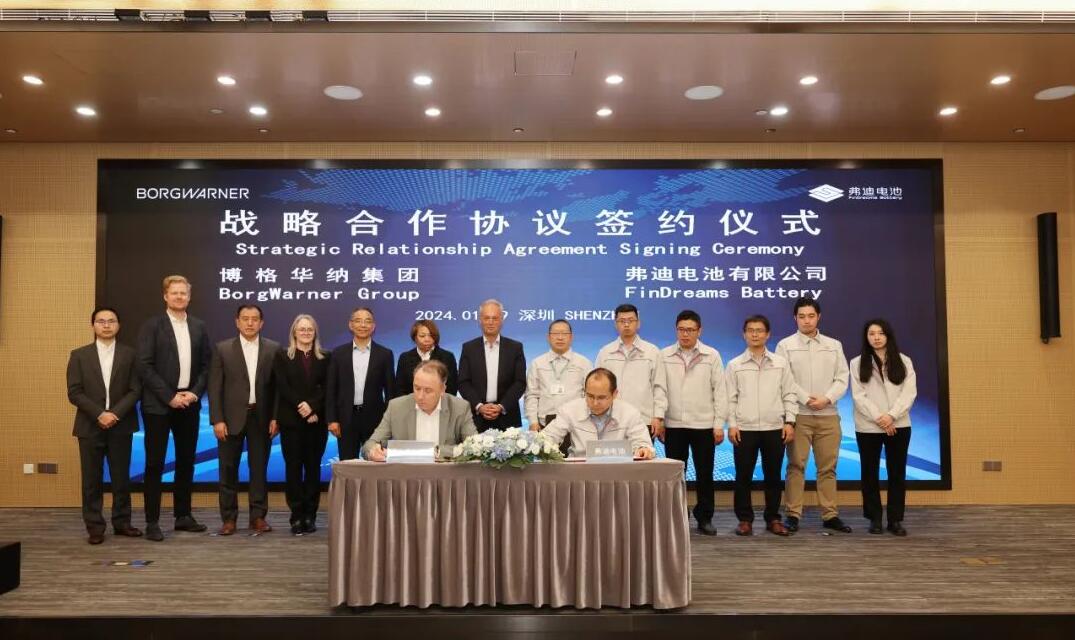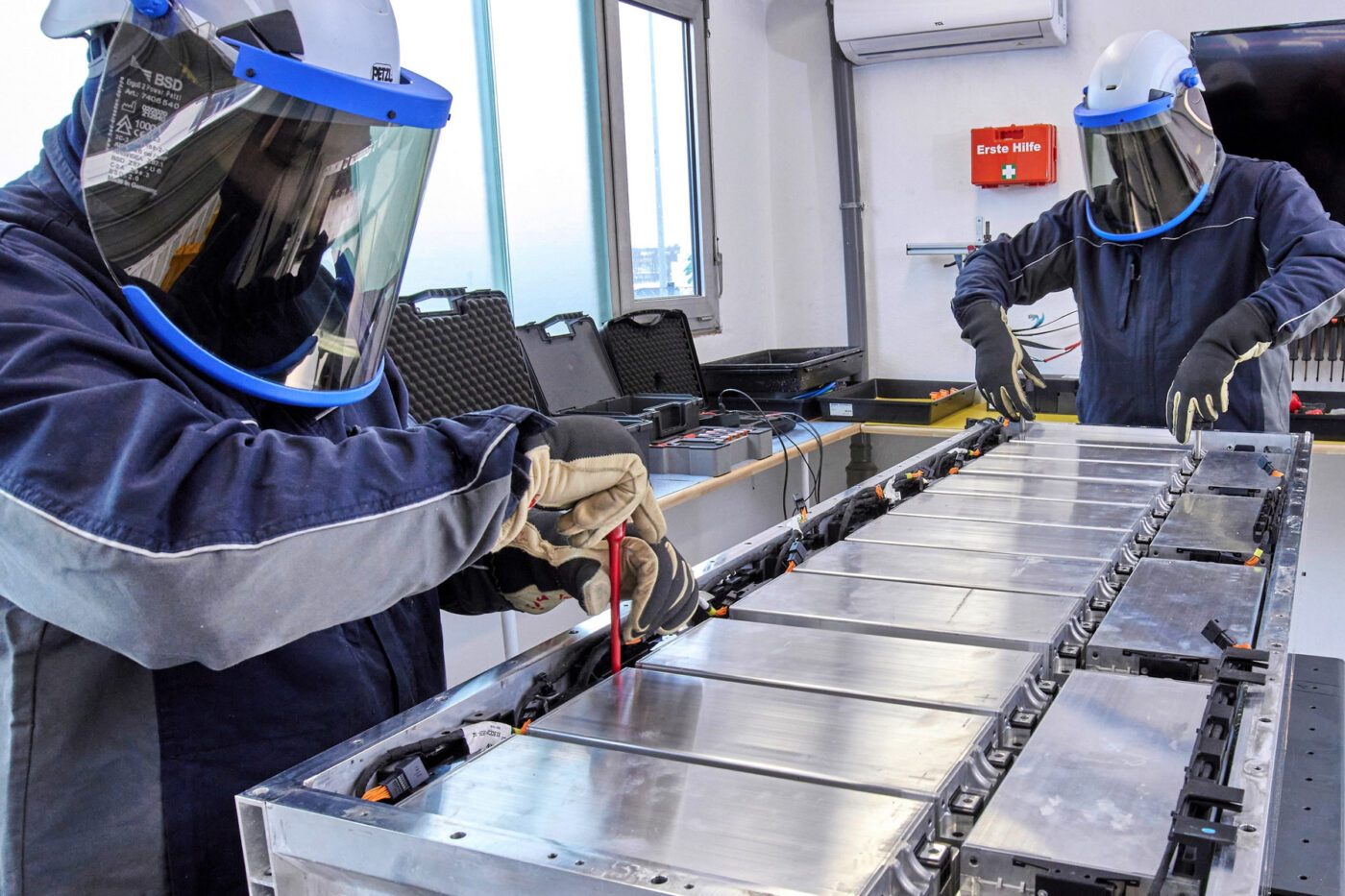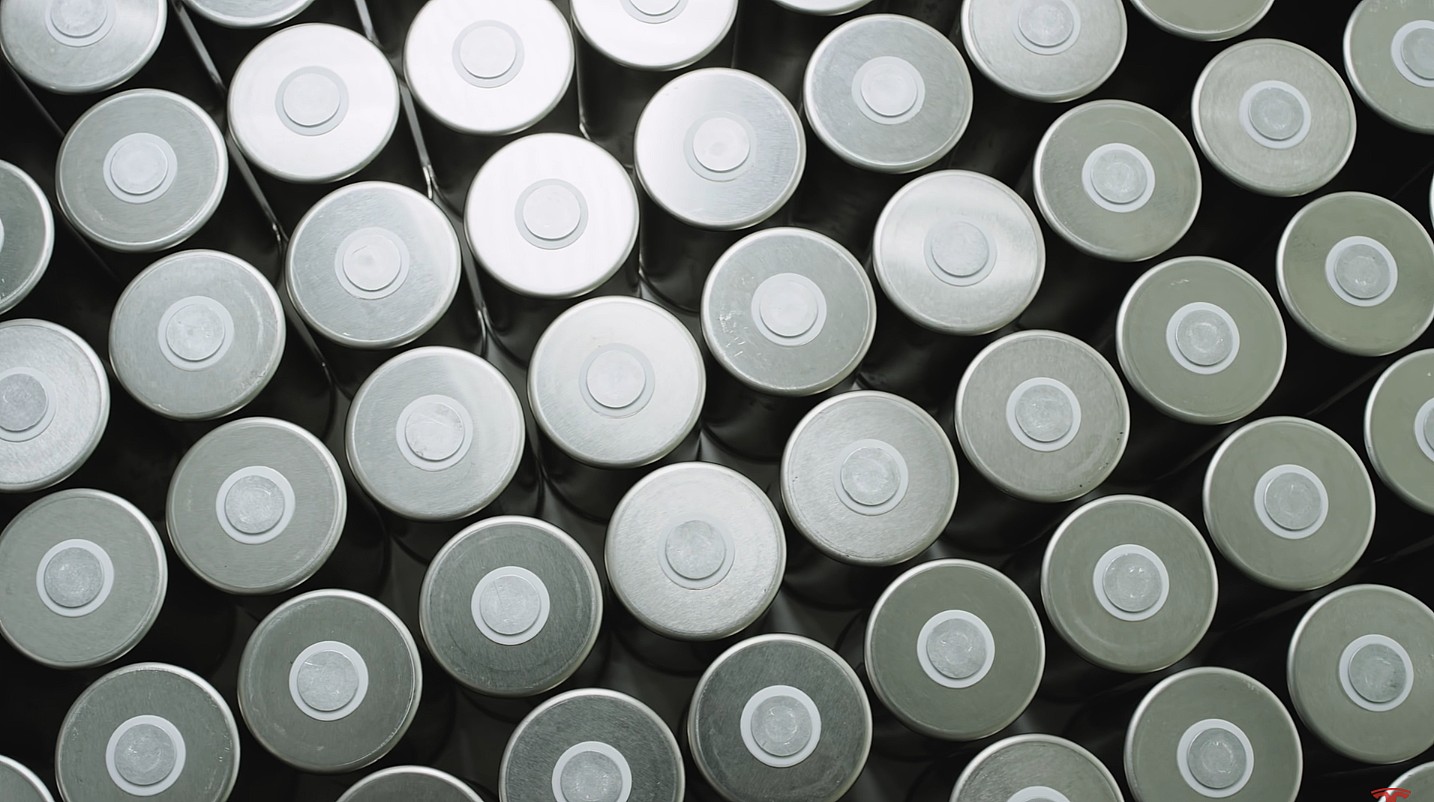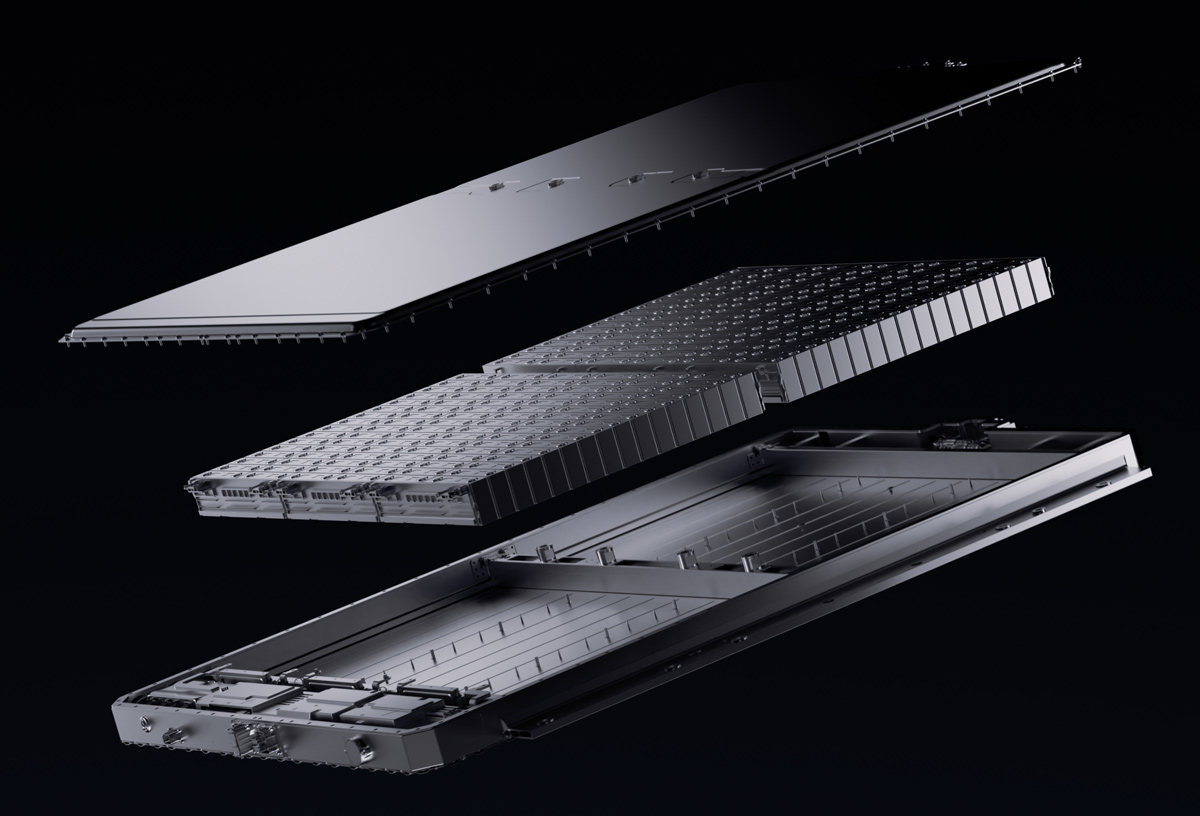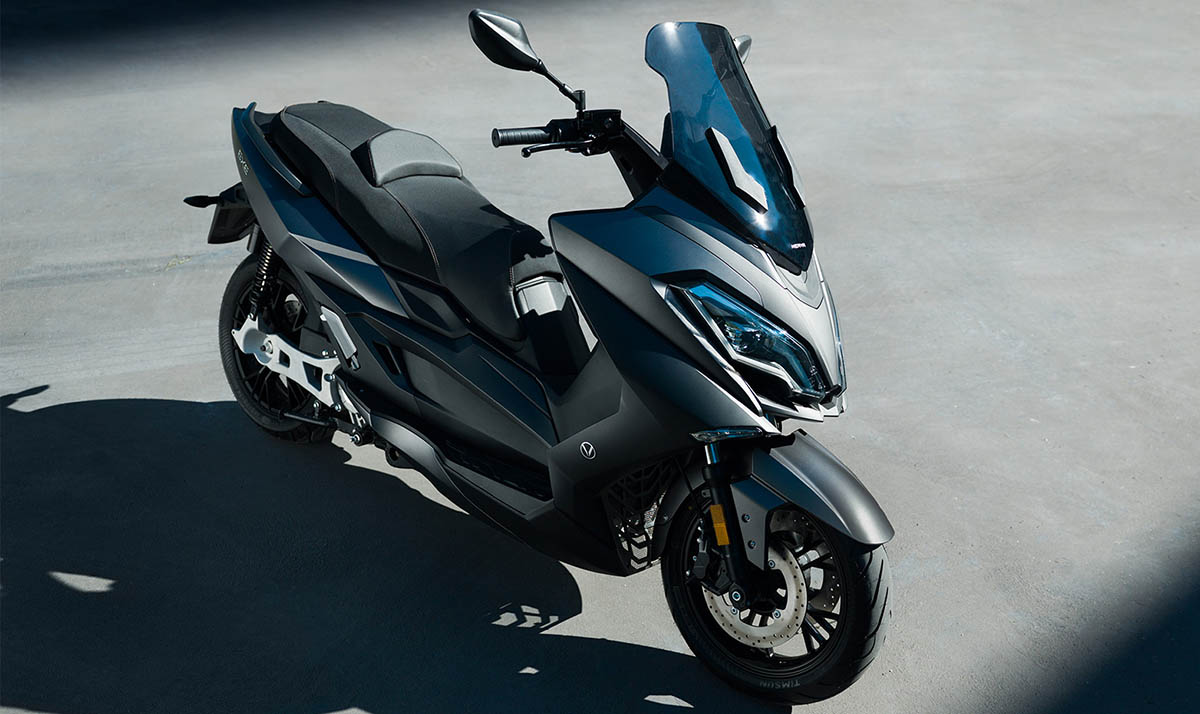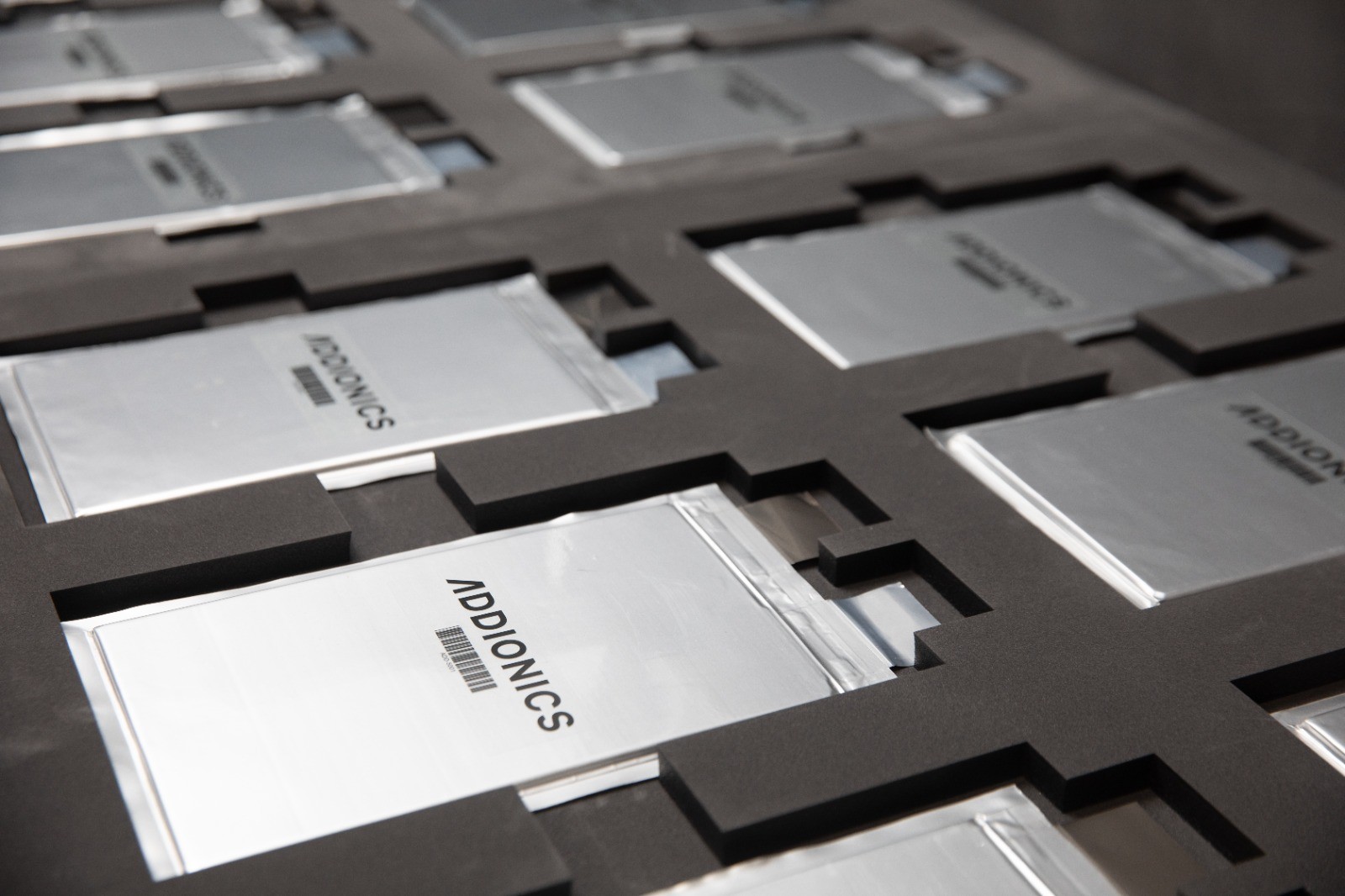South Korean battery cell manufacturer LG Energy Solution (LGES) has signed a contract with Chinese company Changzhou Liyuan New Energy Technology for the supply of 160,000 tonnes of LFP cathode material.
The contract, reported by several South Korean media outlets, is set to run for the next five years. LG Energy Solution plans to begin producing LFP batteries for electric vehicles in the second half of 2025. While the Korean company has primarily focused on nickel-containing cell chemistries, the automotive industry’s increasing demand for cheaper LFP cells, which have significantly improved in energy density, has prompted this strategic move.
Publications such as Korea JoongAng Daily estimate that LGES could use the 160,000 tonnes of LFP cathode materials to produce battery cells for over one million electric cars with a range of more than 400 kilometres on a single charge.
No specific financial details of the order have been disclosed, but both companies are reportedly open to discussing further supply contracts depending on the future market situation. The Elec, a portal with strong connections in the Asian battery industry, reports that LFP cathodes currently cost around 10,000 US dollars per tonne in China, suggesting an order value of approximately 1.6 billion dollars or 1.48 billion euros – without factoring in possible discounts for a large order.
See also: LG Energy Solution Unveils Lithium-Metal Battery Technology, Enabling 900km Range on Single Charge
Changzhou Liyuan New Energy Technology, based in Nanjing and founded in 2021, already boasts a production capacity of 310,000 tonnes of battery material per year, according to South Korean media. The company plans to further expand its capacity, with its factory in Indonesia slated to increase from the current 30,000 tonnes to up to 120,000 tonnes.
LG Energy Solution has been producing LFP cells at its plant in Nanjing, China, since 2023, focusing exclusively on stationary energy storage systems. This prior experience with LFP materials will be invaluable as the company prepares to commence production of automotive-grade LFP cells next year.

